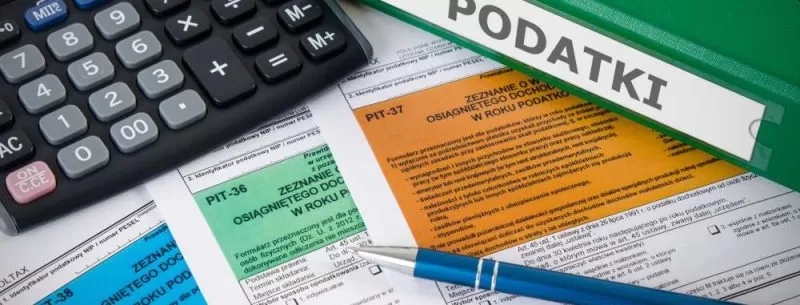
Starting from 2022, payments of interest, licensing fees, and dividends for foreign related entities exceeding PLN 2 million in a given year are subject to the pay and refund mechanism. This entails the obligation of the payer (issuer) to withhold tax at source at a rate of 19% (dividends) or 20% (interest or licensing fees). However, the taxpayer can avoid tax withholding by obtaining an opinion on the application of preferences. Alternatively, the entity making the aforementioned payments may choose not to withhold tax based on a declaration of meeting the conditions for applying preferences (WH-OSC). Still, this exposes them to severe tax and penal consequences if a false statement is made or in the event of a tax audit. The increasing prevalence of legal disputes regarding the pay and refund mechanism underscores the importance of obtaining an opinion on the application of preferences.
How to obtain an opinion on the application of preferences?
Upon the request of the taxpayer or payer, who demonstrate that the conditions specified in the Corporate Income Tax Act are met concerning interest, licensing fees, or dividends, the competent tax authority is obliged to issue an opinion on the application of the flat-rate withholding tax exemption due on the payments to the taxpayer. Possessing such an opinion exempts the applicant from the obligation to withhold tax at source on receivables exceeding PLN 2 million – based on the opinion, payers may refrain from withholding tax in accordance with the relevant double taxation avoidance agreement, apply the rate or exemption from tax stipulated in such an agreement. The opinion is valid for 36 months from the date of issuance, but in the case of a significant change in factual circumstances affecting the conditions for applying the exemption, this period may be shortened.
The application for the application of preferences by the payer is made on the WH-WOP form (submitted by the payer) or WH-WOZ form (submitted by the taxpayer). The application is submitted electronically, and supporting documentation confirming the eligibility for the exemption must be attached to the application. The application should include a description confirming the fulfillment of the conditions for applying the exemption or the application of a reduced rate in the case of licensing fees, interest payments, and dividends. In the case of payments for the use or the right to use industrial equipment, including transportation, commercial, or scientific equipment, the pay and refund mechanism does not apply, provided there is a legal basis for exchanging tax information with the taxpayer’s country of residence or management.

Beware of withholding tax
The importance of obtaining an opinion on the application of preferences is evident in a dispute concerning one of the conditions for benefiting from the so-called directive exemptions. According to the law, when paying dividends to a foreign entity, to be exempt from withholding tax on payments received from Poland, the foreign entity cannot benefit from the exemption from income tax on its entire income, regardless of its source. Therefore, can the taxpayer be exempt from income tax in its home country? Does the foreign entity have to pay any income tax? A recently unfavorable interpretation of this condition was presented by the Provincial Administrative Court in Lublin on April 5, 2023 (file ref. I SA/Lu 100/23, not yet legally binding). According to the court, the exemption from withholding tax not only excludes the recipient from applying a personal exemption covering all income of the foreign taxpayer but also from using an itemized exemption for dividends alone. Moreover, the court seems to lean towards the view that for the exemption from withholding tax to apply, effective taxation of dividends in the recipient’s country is necessary. However, this view should be assessed as highly controversial. The Corporate Income Tax Act in Article 22(4)(4) provides that to qualify for an exemption from withholding tax on dividends paid to a company from the European Union, the recipient must not benefit from an exemption from income tax on its entire income, regardless of its source. This condition has generally been understood as not benefiting from exemptions of a personal nature, which encompass all income earned by foreign taxpayers.